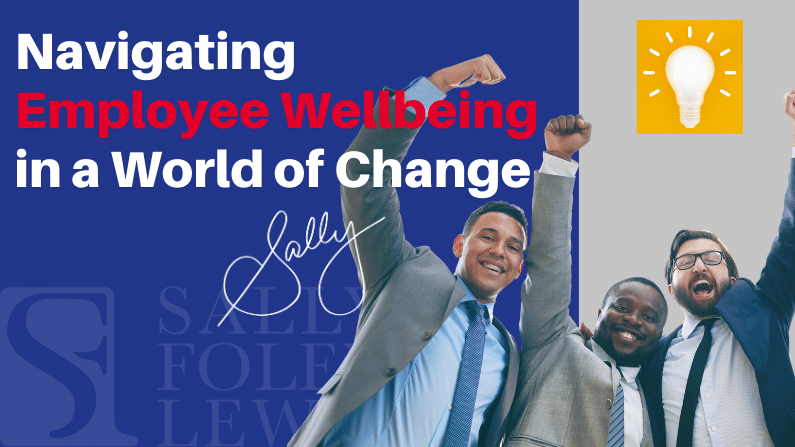One of the most valuable lessons COVID invited, well, let’s face it, forced, us to learn is the importance of being agile in adapting to constant changes, shifting priorities and uncertainty, which have become the new norm, right? We’ve had to rewrite our playbooks, shift our strategies and sometimes completely change course in response to the unexpected challenges that have come our way. It’s like learning to dance in a storm; it’s not about waiting for the storm to pass but learning to dance in the rain and dodge the lightning strikes.
The National Day of Listening was 17th September, and it serves as a great reminder to reflect on the power of listening in a world that seems to be in a constant state of flux. It’s crucial to remember that listening is not just about hearing words; it’s about understanding the emotions, concerns and hopes that lie beneath them. It’s about truly connecting with one another, even when we’re physically apart.
“You cannot truly listen to anyone and do anything else at the same time.” – M. Scott Peck.
Check out the online course: Be a Better Listener.
Click Here or Join the Academy and access all courses.

Challenge: Adapting to Frequent Changes
Change, the kind that sweeps through organisations, from structural transformations to embracing new technologies and even in response to market shifts, has an undeniable impact on the workforce. It’s like the unpredictable gusts of wind that send ripples across a serene pond, disrupting the calm surface. When change happens, it often brings with it a tidal wave of uncertainty, anxiety and stress, not unlike the turbulence that engulfs that once peaceful pond.
These turbulent waters are precisely where I’ve anchored my focus as a passionate advocate for the wellbeing of middle managers. While change is inevitable and often necessary for growth, it’s crucial to acknowledge that the individuals at the heart of these organisations, the middle managers, are often the ones who bear the brunt of these disruptions. Their roles require them to navigate these tempestuous tides, ensuring the ship not only stays afloat but also charts a course towards new horizons.
In my dedication to supporting middle managers, I’ve taken it upon myself to delve deeply into these challenges to understand the intricacies of how change impacts their professional lives, their mental and emotional wellbeing, and ultimately, their ability to lead effectively. Because, as the saying goes, “You can’t pour from an empty cup.” And for middle managers, who are the linchpin between the upper echelons of leadership and the frontlines of the workforce, keeping that cup full and brimming is paramount.
Opportunity 1: Develop Change Management Strategies
To address this challenge, I’ve been exploring various change management strategies. These strategies aren’t just about managing change; they are about enabling middle managers to thrive in a changing environment.
One effective approach I’ve found is to provide ongoing clear communication about upcoming changes. Transparency can alleviate some of the anxiety that accompanies uncertainty. Employees appreciate knowing what’s happening, why it’s happening and how it might affect them. Including when there is no new news, successful middle managers continue to communicate, especially listen to their people.
Involving employees in the change process can make a significant difference. Their insights and suggestions can be invaluable, and they foster a sense of ownership in the changes, making them more likely to succeed.
Opportunity 2: Foster an Agile Mindset
An agile mindset is crucial for today’s world of work. Agility doesn’t mean simply reacting to change; it’s about proactively seeking opportunities within it. As some passionate about leadership development, I encourage middle managers to embrace change as a chance for growth.
Encouraging continuous learning is a significant part of this mindset. It’s essential that employees have access to training and resources to help them acquire new skills quickly. This not only benefits them individually but also enhances the organisation’s adaptability.
Resilient individuals can bounce back from setbacks and remain productive during times of change. Simple practices like mindfulness meditation, regular exercise, and open communication can contribute to building resilience.
To foster an agile and resilient mindset, successful leaders and organisations foster a culture of experimentation. Being open to exploring new ideas and approaches, accepting that some might not work but viewing those as opportunities to learn and improve.
I’d love to hear your thoughts on this, what strategies have you found effective in promoting employee wellbeing in times of change?
P.S. I am not a mental health first aider however I can highly recommend someone if you would like to chat with one. Just let me know.




